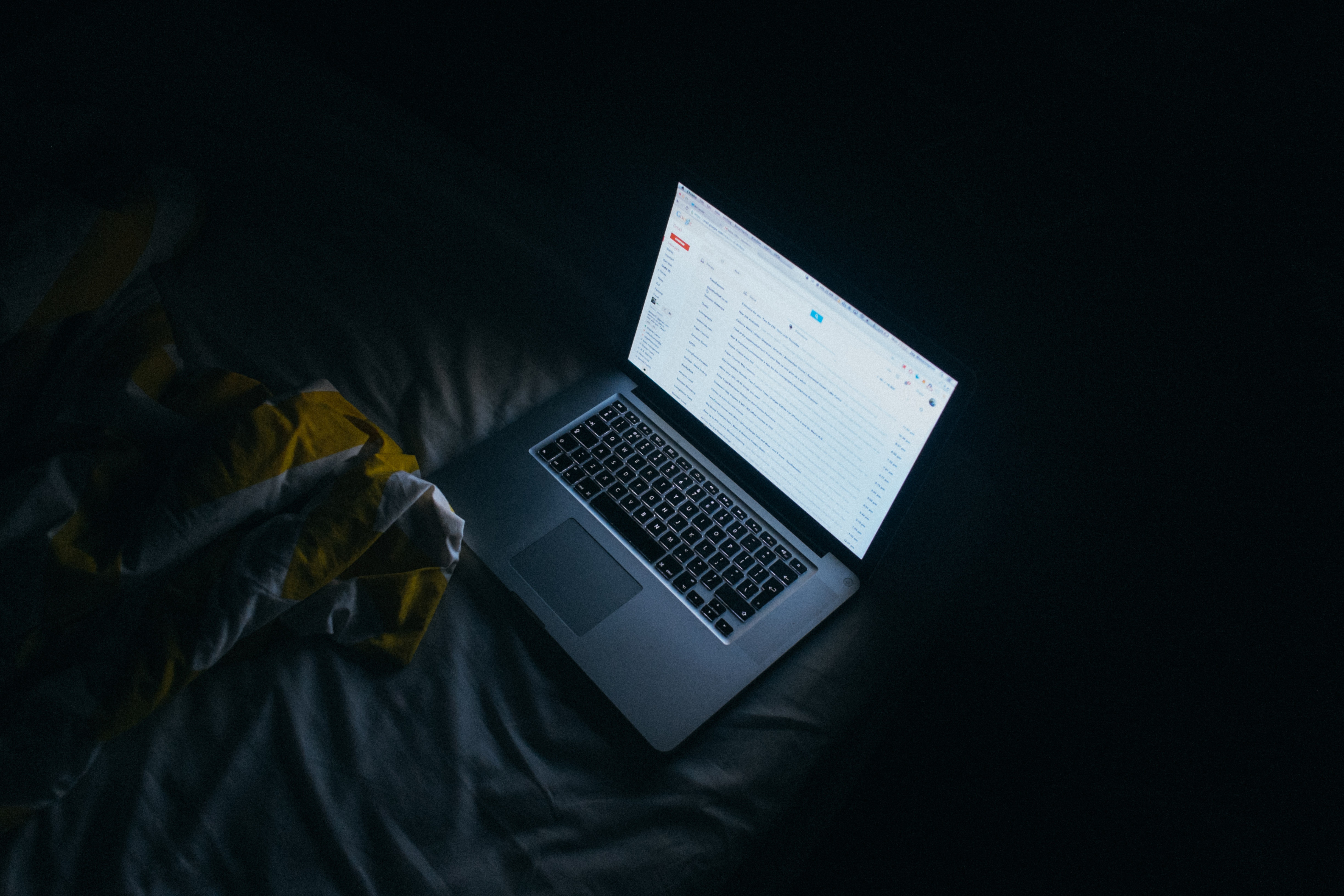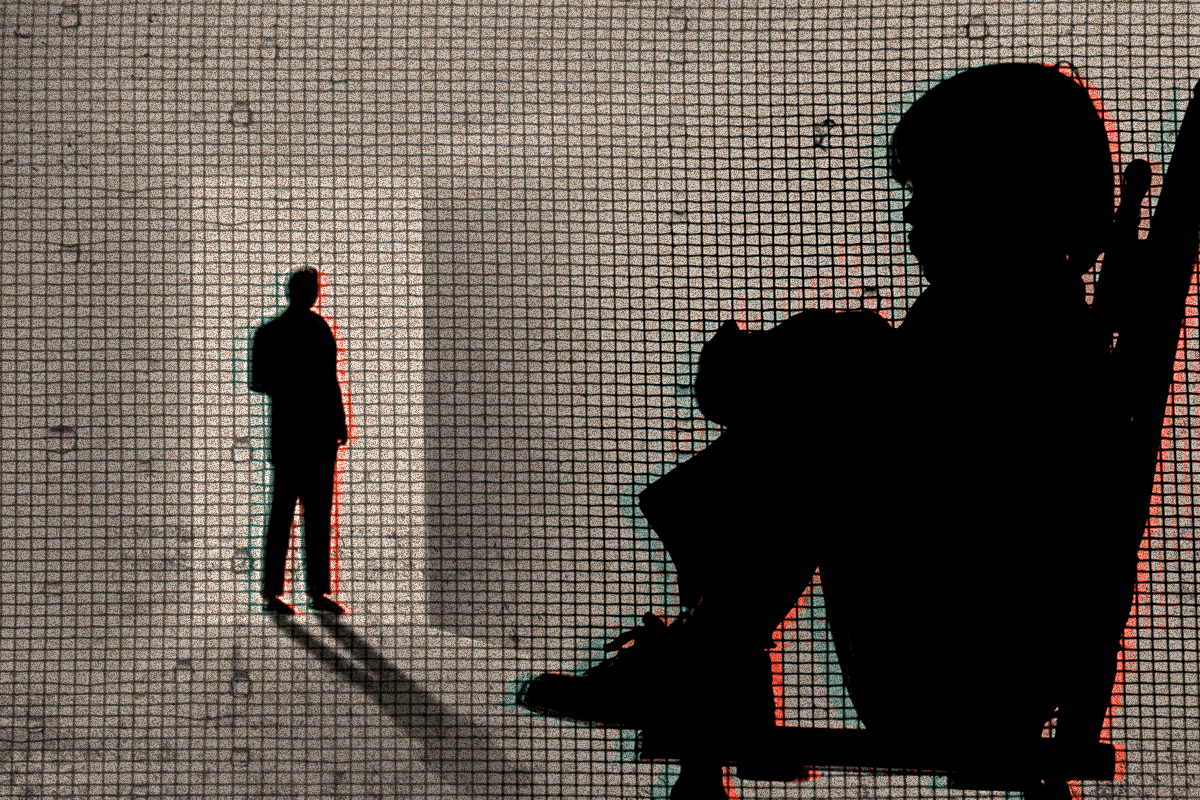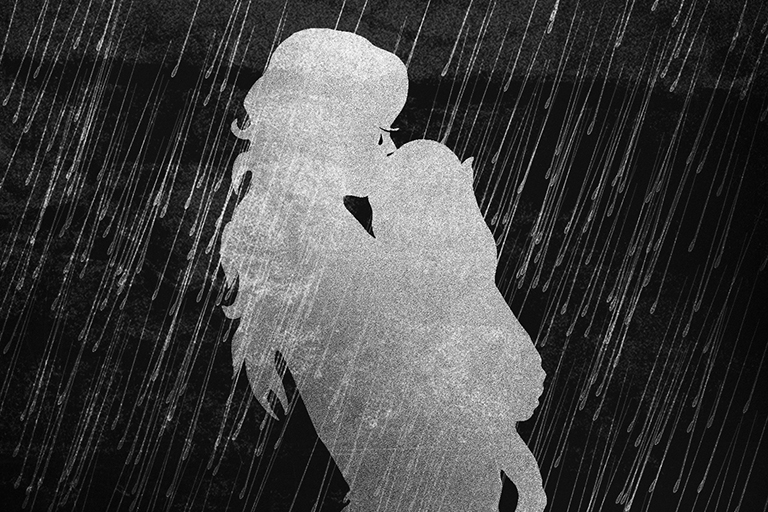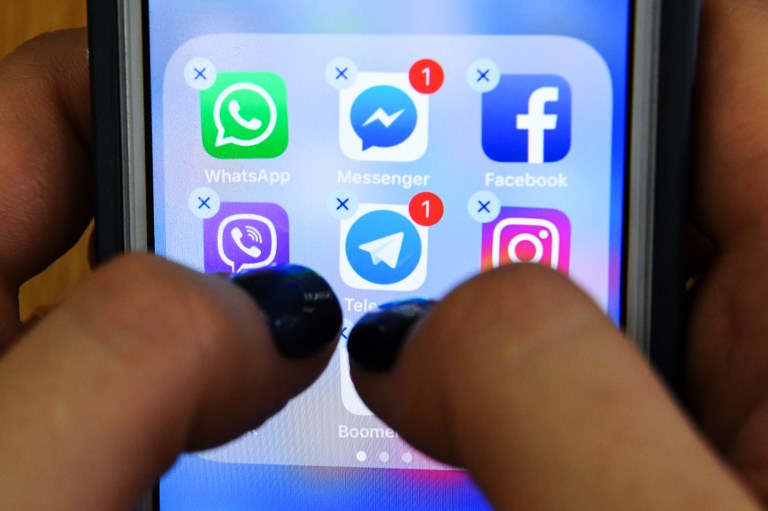KARACHI: We have all felt anxiety at some point in our lives. Some people are aware of what is making them feel uneasy whereas others have a sudden onset of anxiety after years of not dealing with inner turmoil. Most of us may not even be aware of what is possibly triggering this feeling because according to psychologists and online mental health forums, there are over seven different types of anxiety disorders. Sufferers can often have overlapping or more than one anxiety disorder at a time. On World Mental Health Day, we aim to spread awareness about anxiety and ways to deal with it.
Read: 6 tips on how to de-stress
Anxiety depends on several factors including genetic, environmental, social, dietary, side effects of prescribed medication and hormonal imbalance among many others. It is important to note that anxiety can either be a long-term trait or a passing short-term feeling.
Many psychologists believe that part of countering anxiety is through Cognitive Behavioural Therapy (CBT) as anxiety can often be a byproduct of a cycle of worrying thoughts that are stored in one’s mind. As human beings we are constantly worrying about day-to-day things such as finances, work, family and so on. In this case, consciously identifying worrying thoughts is important and what’s more important is challenging worrying thoughts instead of allowing them to dwell within one’s mind. Many people find it easier to question each worrying thought and outweigh the pros and cons of each one of them that often leads to rationalisation and makes them realise that “it’s not as bad as I thought”.
Even though one cannot generalise cures for different types of anxiety, there are several ways of healing when one is experiencing anxiety. We have consulted with mental health expert Alizeh Valjee, who is the co-founder of CareForHealth that rehabilitates adults with mental illness and reintegrates them into society. This World Mental Health day, with her help we have made a list of ways to help yourself deal with anxious feelings in the moment of feeling them.
1. Breathing exercises
Anxious people are likely to take rapid, shallow breaths that come directly from the chest that disrupt the oxygen and carbon-dioxide levels in their body. Alizeh recommends that during anxious episodes one should breathe deeply and lengthen their inhale and exhale for 5 seconds to achieve a calmer and re-centered state.

2. Physical activity
Alizeh believes that relieving tension from the body is key to overcoming anxious feelings. One way that this could be achieved is through physical movement such as dancing or working out. Studies have shown that physical activity isn’t just good for the body but it exercises the mind as well by improving cognitive function.

3. Sensory activities
It’s important to try and bring your focus to sensory-based coping of anxiety. Alizeh suggests “grounding“ activities/experiences such as taking a walk in the park, being in nature and placing your feet to feel the grass and so on. Other sensory activities may include lighting a candle or switching on an air-diffuser as part of olfactory coping. Eating something delicious, blowing balloons or punching a pillow have been recommended as useful sensory activities by other experts online.

4. Switching off from technology
Being inhabitants of the digital age means that we are constantly dependent on technology for day-to-day living. Sometimes this may include seeing/watching something via our phones and social media that can trigger anxiety in the first place. Alizeh recommends switching off from technology as a good way to cope with anxiousness. Oftentimes something as small as waiting for someone to reply back can lead to anxiety and overthinking along the lines of what the person thinks of them and whether they are going to get ignored and so on. Digital detoxes have been recommended by many professionals as a means to re-prioritize what’s important and what isn’t.


 Design by Aamir Khan.
Design by Aamir Khan.











